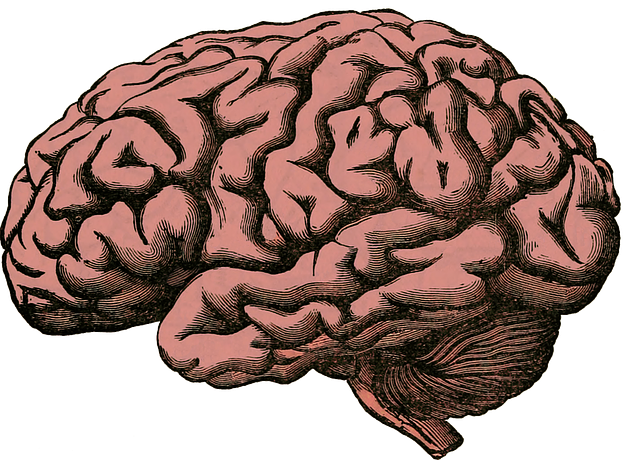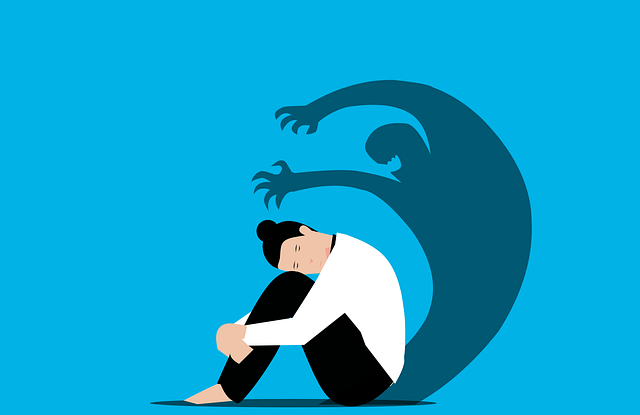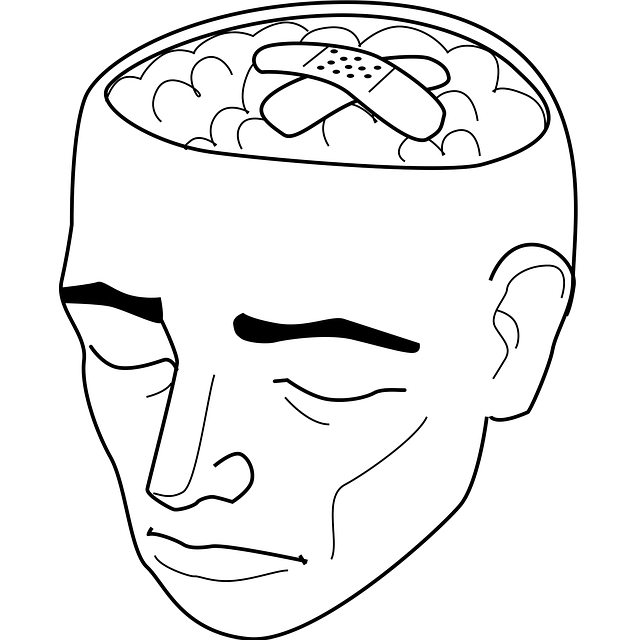Mental wellness is paramount for a child's development, with programs like Littleton Child Abuse Therapy (CAT) addressing trauma impacts through safe environments and evidence-based practices like CBT. Local workshops teach stress management, while fostering emotional intelligence, encouraging artistic expression, and open conversations about mental health are key strategies to promote resilience and confidence. Early intervention through professional help prevents issues and supports children's long-term mental wellness, with Littleton CAT playing a vital role in empowering young survivors post-abuse.
Mental wellness promotion is a critical aspect of holistic child development, especially in fostering resilience and healthy coping mechanisms. This article explores key strategies for nurturing positive mental health in children, with a specific focus on the impact of mental wellness on young minds and the role of therapy post-abuse in Littleton. By understanding the nuances of childhood mental health, we can better equip kids to navigate challenges and thrive.
- Understanding Mental Wellness and Its Impact on Children
- Strategies for Promoting Positive Mental Health in Kids
- The Role of Therapy in Supporting Children Post-Abuse in Littleton
Understanding Mental Wellness and Its Impact on Children

Mental wellness is a critical component of overall health, especially for children. It encompasses emotional, psychological, and social well-being, influencing how kids think, feel, and act. A child’s mental wellness plays a significant role in their development, affecting their ability to learn, interact with peers, and manage daily challenges. According to experts, early interventions and support are vital in fostering healthy mental habits that can last a lifetime.
In Littleton, Child Abuse Therapy (CAT) programs recognize the profound impact of trauma and adverse experiences on children’s mental health. CAT focuses on providing safe spaces for kids to express their emotions, process difficult experiences, and develop coping strategies. By integrating evidence-based practices and techniques such as cognitive-behavioral therapy and mindfulness exercises, these programs aim to enhance resilience, boost confidence, and promote Mental Health Awareness among young individuals. Additionally, Stress Management Workshops organized by local initiatives teach children valuable skills for navigating stress, anxiety, and pressure, contributing to their overall mental wellness.
Strategies for Promoting Positive Mental Health in Kids

Promoting positive mental health in children is a multifaceted endeavor that begins early and continues through adolescence. One effective strategy is to foster emotional intelligence (EI), helping kids recognize, understand, and manage their emotions effectively. This can be achieved through age-appropriate conversations about feelings, encouraging them to express themselves artistically, and modeling healthy emotional responses as a parent or caregiver.
Additionally, building resilience and confidence is vital. Engaging in activities that challenge children in a safe way, celebrating their achievements no matter how small, and teaching problem-solving skills can all contribute to a strong mental health foundation. In cases where concerns about Littleton Child Abuse Therapy arise, seeking professional help early can prevent further issues and support the child’s overall mental wellness. Promoting open conversations about mental health and reducing stigma empowers kids to ask for help when needed.
The Role of Therapy in Supporting Children Post-Abuse in Littleton

In Littleton, child abuse therapy plays a pivotal role in supporting young survivors navigate their mental wellness journey post-abuse. This therapeutic process is designed to help children express their experiences, emotions, and traumas safely, fostering an environment where they feel heard, validated, and understood. Through evidence-based approaches such as cognitive behavioral therapy (CBT) and trauma-focused care, therapists assist children in developing coping mechanisms, building resilience, and healing from the profound psychological impacts of abuse.
Litton’s mental health professionals conduct thorough risk assessments to ensure a tailored approach, prioritizing the child’s safety and well-being. This includes not only addressing immediate mental health concerns but also implementing strategies for long-term self-care routine development. By integrating these practices, therapists empower children to cultivate better mental health habits, promoting their overall wellness and helping them reclaim agency over their lives after traumatic experiences.
Mental wellness promotion is a multifaceted approach that, when implemented effectively, can empower children and safeguard their future. By understanding the profound impact of mental health on young lives and employing strategies like positive reinforcement and therapy, we can foster resilient individuals capable of overcoming challenges. In cases of abuse, Littleton child abuse therapy serves as a crucial pillar, offering specialized support to help children heal and thrive again. Through holistic care and education, we can ensure that every child has the opportunity to develop into a mentally robust individual.














